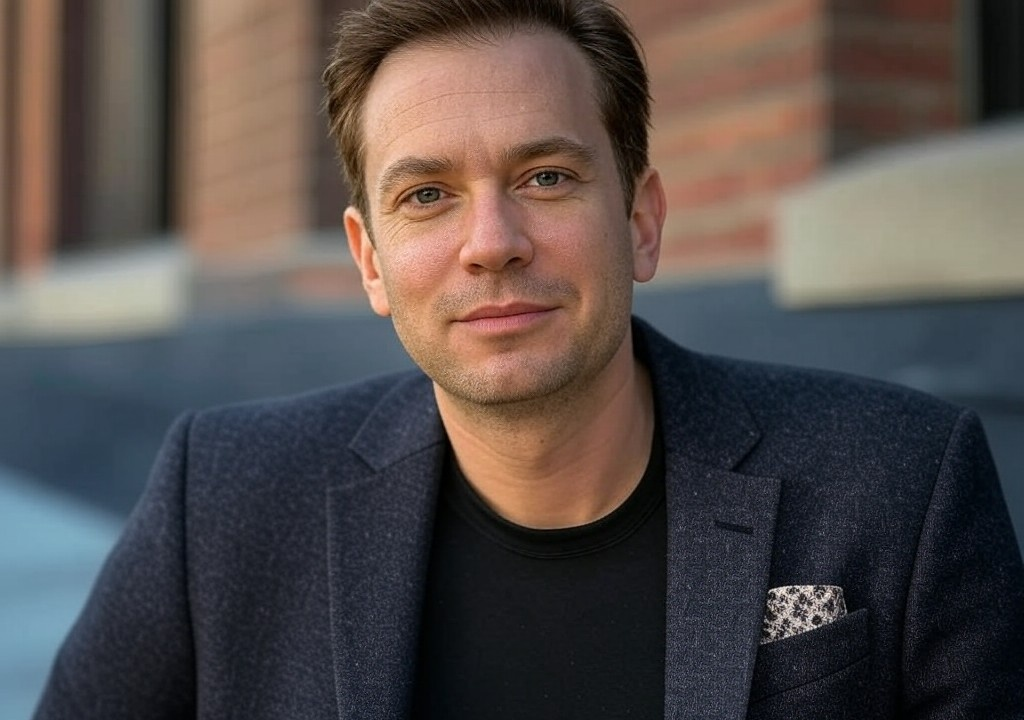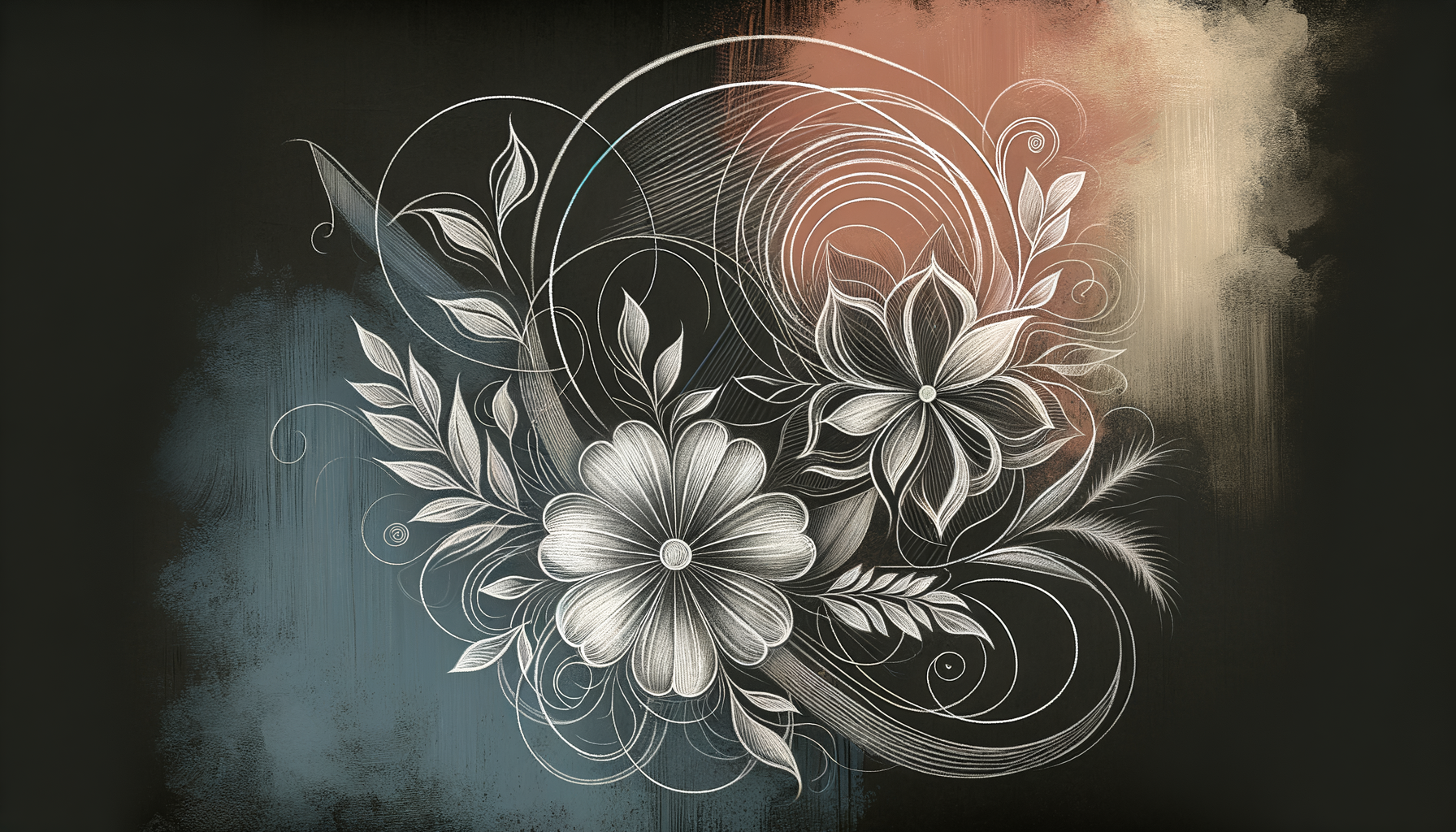The scar above my left eyebrow has been with me since I was eight years old. It’s nothing dramatic—no superhero origin story here. I misjudged the aerodynamics of my own head while attempting a very ambitious cartwheel in Brooklyn Bridge Park. One mistimed flip, one unfriendly park bench, and voilà—a scar that, to this day, occasionally prompts the curious, “How’d you get that?” And every single time I answer, I think about how scars—both the visible and the emotional—tell the stories of who we are, where we’ve been, and what we’ve survived.
In dating, where authenticity is supposedly currency, it’s our scars—those messy, surprisingly poetic imperfections—that often make us most human. And yet, the temptation to photoshop our personas into flaw-free fantasies remains strong. But here’s the truth: The scars, literal and metaphorical, are exactly what make you swipe-right material (even though we’re not talking dating apps here; that’s a whole different article). Let’s dig into why owning your scars might be the most attractive thing you ever do.
Scars Are Sexy (Trust Me, Science Says So)
You don’t have to take my word for it. Some studies suggest that scars—specifically facial ones—can actually make people more attractive. One theory is they symbolize resilience, strength, and a story worth telling. Look no further than pop culture heartthrobs like Harrison Ford, who turned a chin scar from a car accident into an iconic part of his rugged allure, or even Joaquin Phoenix’s cleft lip scar, which only enhances his already intense mystique.
So while no one’s saying you need to go out and acquire a dramatic scar for street cred, the takeaway here is clear: The things that make you unique—your quirks, your scars, your less-than-perfect moments—are often what draw others in like moths to a flame. And on that note, let’s talk emotional scars, because hoo boy, those can be even messier (but just as meaningful).
Emotional Baggage: Carry-On Only, Please
We’ve all got emotional scars, whether from heartbreak, rejection, or that one time your crush in the sixth grade laughed at your haircut. (Still not over it, Ashley.) The key isn’t pretending these scars don’t exist. It’s deciding how you carry them—and how much you let them carry you.
When you’re getting to know someone, it’s tempting to present a highlight reel of your life: perfect vacations, perfect job, perfect exes who “just drifted apart”—never mind the fact that it was more of a category-five hurricane breakup. But vulnerability is where the real connection happens. There’s something undeniably magnetic about someone who can talk honestly about what they’ve been through without letting it define them.
Quick Tip for Sharing Emotional Scars in Relationships: - Be Selective: Not every first date needs to include the detailed saga of your messy college breakup. Share a little bit at a time; permission to laugh at yourself is a bonus. - Frame It Positively: Instead of just rehashing doom and gloom, share what you learned or how you’ve grown. “That experience taught me to prioritize my own happiness” sounds a lot better than “I’ll never trust anyone with bangs again.”
The Fine Line Between Vulnerability and Oversharing
Now let’s draw a distinction between having scars and being a walking, talking confessional booth. Vulnerability is sexy; trauma-dumping on someone who’s just trying to eat their guacamole in peace is not. (Pro tip: If the phrase “And that’s when I knew my life was falling apart” makes its way into your first-date conversation, you’ve probably crossed the line.)
Think of vulnerability as seasoning in a dish; it adds depth and flavor, but too much all at once will leave even the most empathetic listener overwhelmed. Remember: A scar isn’t the whole story, it’s just one chapter.
Lessons From My Literal and Metaphorical Scars
Okay, time for one more personal anecdote, because what’s an article by me without a detour into my own Brooklyn-fueled introspection? That eyebrow scar I mentioned earlier? For years, I hated it. I wanted it gone, erased, forgotten, like some blemish on my otherwise unremarkable (yet arguably symmetrical) face. But something shifted when someone I dated years later said, completely unprompted, “I love your scar. It suits you. Like, if you didn’t have it, you’d seem... too polished?”
I mean, was that a compliment? A backhanded one, maybe? Either way, it stuck with me. Because what they were pointing out wasn’t just the literal scar; it was what it stood for—a hint of imperfection in an otherwise “together” exterior. And honestly? That’s still one of the best compliments I’ve ever received.
Point is, whether it’s a physical scar or an emotional bruise, the things you’ve carried with you—the relationships that didn’t quite work, the jobs where you felt lost, the times you bombed karaoke night in front of your crush—aren’t liabilities. They’re the stuff that makes you relatable, interesting, endearing. Flawless is boring. Real is riveting.
Why You Should Wear Your Scars With Pride
So, what does embracing your scars look like in the context of dating and relationships? It might sound like this: - “Yeah, my last relationship didn’t work out, but I learned a lot about what I want—and what I don’t.” - “That career path turned out not to be for me. But it introduced me to some incredible people and taught me how to pivot.” - “Do we have time for the story about how I challenged gravity and lost? Because that’s how I got this scar.”
When you own your scars unapologetically, you encourage others to do the same—and that’s where real connection happens. Because no one—no matter how polished their Instagram grid—goes through life without getting a little roughed up along the way. Perfect is an illusion, and anyone worth dating knows this.
Remember: Scars Are Proof You’ve Lived
What’s so interesting about scars is that they’re evidence of both injury and healing. They represent something that hurt, but also something that closed, grew back stronger. And isn’t that what love is all about? Taking risks, sometimes getting hurt, but always getting back up again?
So the next time someone asks about your proverbial or literal scars, lean in. Tell them the story. And don’t be afraid to ask about theirs. Because those scars, messy and imperfect as they are, just might be the thing that bring you closer to lasting connection. And honestly, isn’t that way more interesting than being perfect?




















